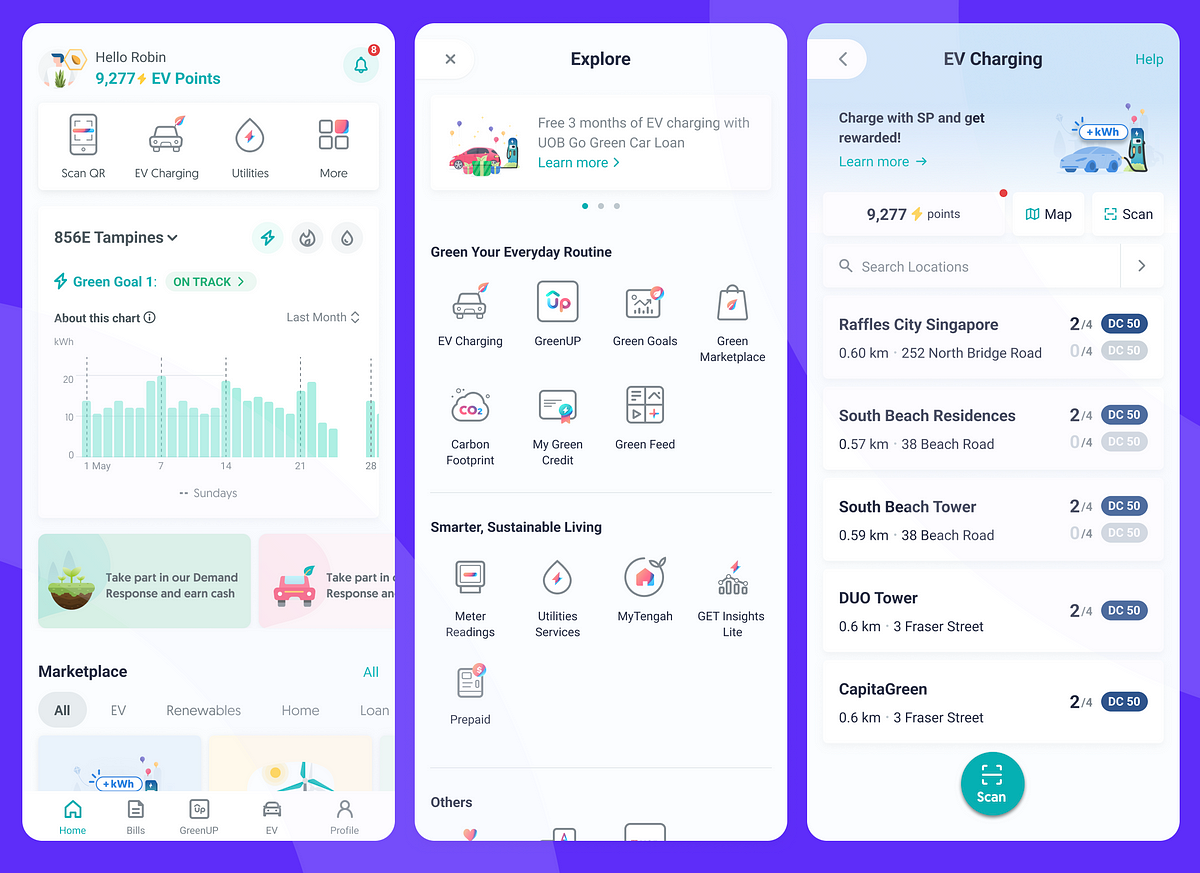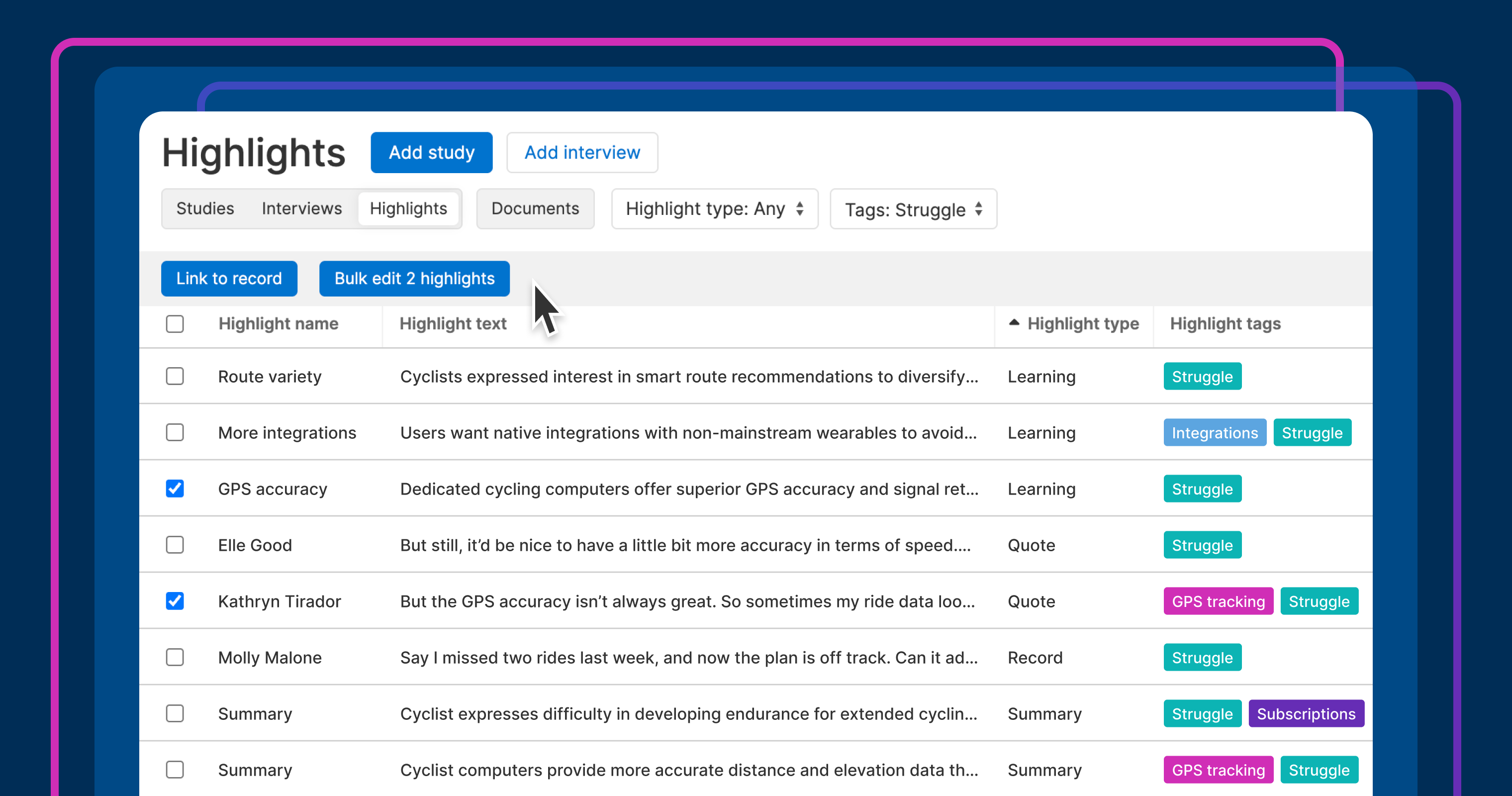my boss takes on too much, an impossibly slow coworker, and more
It’s five answers to five questions. Here we go… 1. Should I tell my boss he’s taking on too much? My boss is overworking himself. He is the executive director of our small team (only three of us, including him, but we serve a pretty large school district) and has been in the position for […] The post my boss takes on too much, an impossibly slow coworker, and more appeared first on Ask a Manager.

It’s five answers to five questions. Here we go…
1. Should I tell my boss he’s taking on too much?
My boss is overworking himself. He is the executive director of our small team (only three of us, including him, but we serve a pretty large school district) and has been in the position for three years. He is constantly complaining that he is behind on work, has too many emails, has too much to do, etc. Understandable, EDs have a lot of responsibilities. He often works late and on weekends.
However, he keeps signing up for more and more professional organizations and events outside of what is required for our work. Earlier this week he had to MC an online event, not for our school district but for one of his professional organizations — taking time away from his work day. He chose to sign up for evening classes about AI use, which takes up even more time in his day.
Not to mention, he has a very high-maintenance dog and a high-maintenance house and he’s single, so he doesn’t get very much help with that.
I am concerned because it’s impacting both his health and his work. He has had several sick days in the past few weeks with symptoms that (to me, at least) are pretty obviously stress-related. From a distance, what I see is that he’s overcommitting himself to the point where he’s making himself sick. On the work side, emails are going unanswered for weeks because he doesn’t have time to get through them all.
I think the worst part is: he thinks this level of work is normal. He’s worked this hard all his life and has been exploited by previous employers. (He did not realize that until I explained that withholding wages for being late is illegal. He thought it was normal.)
Should I bring this up to him? Should I bring it up with HR? Should I bring it up at all? I’m getting kind of sick of hearing “I’m too busy” when he’s doing it to himself.
No — he’s a grown man in a position of responsibility, and if he can’t figure out on his own that an obvious solution to being really busy is to take on fewer optional things, you’re not likely to get through to him. And since he’s your boss, you don’t have the standing to sit down with him and say, “You need to stop this.” The power dynamics run in the opposite direction.
However, you can raise any pieces that affect you, like if you’re not getting responses from him in time or if work is getting bottlenecked with him. Just address it rom the perspective of “this is preventing me from being able to do my job,” not “you are overworking yourself and making yourself sick.”
Some advice on addressing the pieces that do affect you:
my boss is so busy that I can’t get any time with him
my boss is impossible to reach when I need responses
my boss is unavailable and it’s driving us all mad
2. Should I mention my concerns about an impossibly slow coworker?
I have a colleague who was hired about 18 months ago in the same role as me, and I’ve now had many opportunities to work with them. They’re a very friendly and easygoing person and a joy to spend time with socially speaking, but performance-wise, I have serious concerns. They are exceedingly slow while completing even the most basic of tasks (it’s like watching a movie on 0.5x, it’s bizarre to observe), have next to zero problem-solving skills, and seem to just be … well … mentally “out of it,” for lack of a better term. For example, if they needed to tie a rope to a tree, they’d take at least 5-10 minutes to do so with much of that time consisting of blank stares. The final result might be a mess of rope wrapped around itself but nothing actually resembling a knot that will hold. One can patiently provide explicit instructions or suggestions over and over and over again, only to met with a blank expression followed by doing something completely different and insufficient instead. It’s as if the lights are on, but nobody’s home. I feel terrible saying so, but it’s an apt description.
We work in a technical scientific role, in often very remote locations and in potentially dangerous situations where one needs to be able to think and take action quickly. Failing to do so could lead to a dire outcome for either member of the two-person crew. I’m highly doubtful this coworker would be able to even recognize such a situation early enough to take action, let alone be able to decide what to do and act on it in a timely manner. I’m becoming increasingly worried for their safety and the safety of those assigned to work with them, especially as they will be sent on increasingly more challenging assignments in the future. I’ve also found myself (normally a very patient person) beginning to lose my temper out of sheer frustration because they’re so wildly inept, not to mention the stress of a far bigger workload and much longer shifts that results from working with them. Something just isn’t right. I’m not sure if it’s drugs, a serious learning disability, or a health issue, and it’s not my place to speculate but I’m not the only person on the team who has noticed the concerning behavior. After a situation yesterday where they put me in a physically dangerous situation by carrying out a task entirely differently than we’d (extensively!) discussed and agreed on beforehand, I feel I need to say something. What should I do?
You should speak up! You have serious safety concerns about this person’s work, so you have an obligation to talk to your manager and share your concerns.
Even without the safety concerns, I’d suggest talking to your manager to explain that your coworker is struggling significantly with the job and needs more training or supervision. But with safety in the mix, it’s not even a question. Talk to your manager today and explain what you’ve seen.
3. How can I get management experience when my job doesn’t include any managing?
I’m an individual contributor in a team of two (just me and my boss) in a niche department at a nonprofit. I love my job, but I don’t see myself working here forever. The issue – and I realize how privileged this is to say – is that in the context of my niche field, my salary would indicate I’m a manager. This obviously isn’t a problem right now, but when I think about changing jobs in 5-10 years, it seems like it’s going to be an issue! To keep as close to my current salary as possible, I’d need to move into middle management. But I have no management experience and my current job has no opportunity to gain any. My boss oversees the interns, we have no volunteers, and the leadership positions I’ve held in my non-work life don’t involve managing people either.
I can’t see a workplace giving an outsider with no management experience a chance at a manager position, but maybe I’m wrong? Is this a non-issue and I’m just catastrophizing? Could you give any tips on gaining management experience when your job description doesn’t allow you to manage people?
Well, first, do you want to manage people? If you’re doing it just for the money, it very often goes badly. But assuming it’s something you want to do, can you talk to your boss about your long-term goals and whether she’d be willing to help you find ways to get management experience without leaving your current role? For example, would she be willing to let you manage an intern or a cross-departmental project? In particular, managing interns is a lot of work and she might be delighted to unload some of that.
You might worry this is like saying “please help me prepare to leave,” but it’s really saying “please help me stay here longer by collaborating on ways my role could evolve.”
Related:
how can I get a management job without management experience?
4. Am I supposed to save all my questions for the end of the interview?
As the interviewee, I’m curious when it’s most appropriate to ask questions during an interview. Are you supposed to wait until the end? Or is it appropriate to slot them in at (what seem like) natural points in the conversation? I always wonder if I’m making myself at home by jumping in with a question in minute 5. It happens naturally but I do hope it shows I’m interested in the job … with the added bonus of taking up time!
The best interviews feel like real conversations, where it’s natural to ask questions of your interviewer as they arise. But many interviews are more structured than that and/or you can tell you have an interviewer who’s going to stick tightly to their list of questions and will want you to hold your own queries until the end.
That said, in all but the most highly structured interviews, it’s nearly always fine to ask your own question if it arises organically in the conversation (like “I was surprised you asked about X, since I didn’t realize that was a significant piece of the job — can you tell me more about that?” after they ask you about your experience with X or, after talking about your experience using software Y to do Z, asking what software they’re using to do Z).
5. Do more women write in than men?
Do you have a feel for if more women write in with questions vs men? I know you can make a somewhat educated guess based on the first name, but was curious if you formally tracked this metric and/or took it into account when crafting an answer.
I don’t formally track it, but yes, far more women write in with questions than men. That tends to be true of advice columns in general; they’re just generally a medium that attracts more women. Maybe it’s like the old stereotype of men not going to the doctor as much as women do … but I suspect it’s that women are simply socialized to talk about interpersonal problems more.
Interestingly, when I first started Ask a Manager, I noticed that sometimes women would write in on their male partner’s behalf (like this or this) but men never wrote in with questions on their female partners’ behalf. That has changed dramatically over time, and it’s much closer to equal now.
Also, not really related but still interesting, I remember Jolie Kerr of Ask a Clean Person telling me that when she started a cleaning advice column aimed at men, she found men really liked to ask about cleaning their couches, a topic that didn’t come up with nearly the same frequency from women.
The post my boss takes on too much, an impossibly slow coworker, and more appeared first on Ask a Manager.






































































































![Building A Digital PR Strategy: 10 Essential Steps for Beginners [With Examples]](https://buzzsumo.com/wp-content/uploads/2023/09/Building-A-Digital-PR-Strategy-10-Essential-Steps-for-Beginners-With-Examples-bblog-masthead.jpg)















































